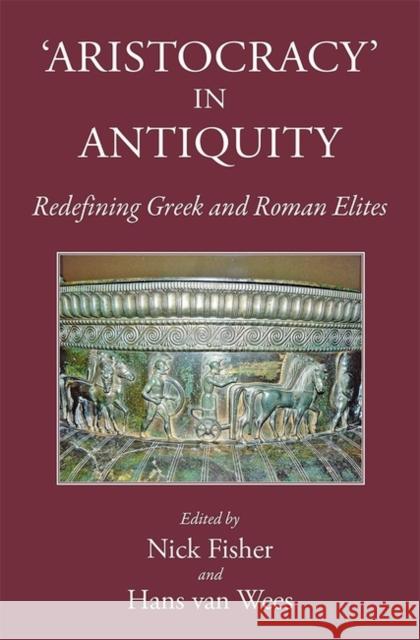Aristocracy in Antiquity: Redefining Greek and Roman Elites » książka
Aristocracy in Antiquity: Redefining Greek and Roman Elites
ISBN-13: 9781910589014 / Angielski / Twarda / 2015 / 400 str.
The words 'aristocrats', 'aristocracy' and 'aristocratic values' appear in many a study of ancient history and culture. Sometimes these terms are used with a precise meaning. More often they are casual shorthand for 'upper class', 'ruling elite' and 'high standards'. This book brings together 12 new studies by an impressive international cast of specialists. It demonstrates not only that true aristocracies were rare in the ancient world, but also that the modern use of 'aristocracy' in a looser sense is misleading. The word comes with connotations derived from medieval and modern history. Antiquity, it is here argued, was different. An introductory chapter by the editors argues that 'aristocracy' is rarely a helpful concept for the analysis of political struggles, of historical developments or of ideology. The editors call instead for close study of the varied nature of social inequalities and relationships in particular times and places. The following eleven chapters explore and in most cases challenge the common assumption that hereditary 'aristocrats' who derive much of their status, privilege and power from their ancestors are identifiable at most times and places in the ancient world. They question, too, the related notion that deep ideological divisions existed between 'aristocratic values', such as hospitality, generosity and a disdain for commerce or trade, and the norms and ideals of lower or 'middling' classes. They do so by detailed analysis of archaeological and literary evidence for the rise and nature of elites and leisure classes, diverse elite strategies, and political conflicts in a variety of states across the Mediterranean. Chapters deal with archaic and classical Athens, Samos, Aigina and Crete; the Greek 'colonial' settlements such as Sicily; archaic Rome and central Italy; and the Roman empire under the Principate.











